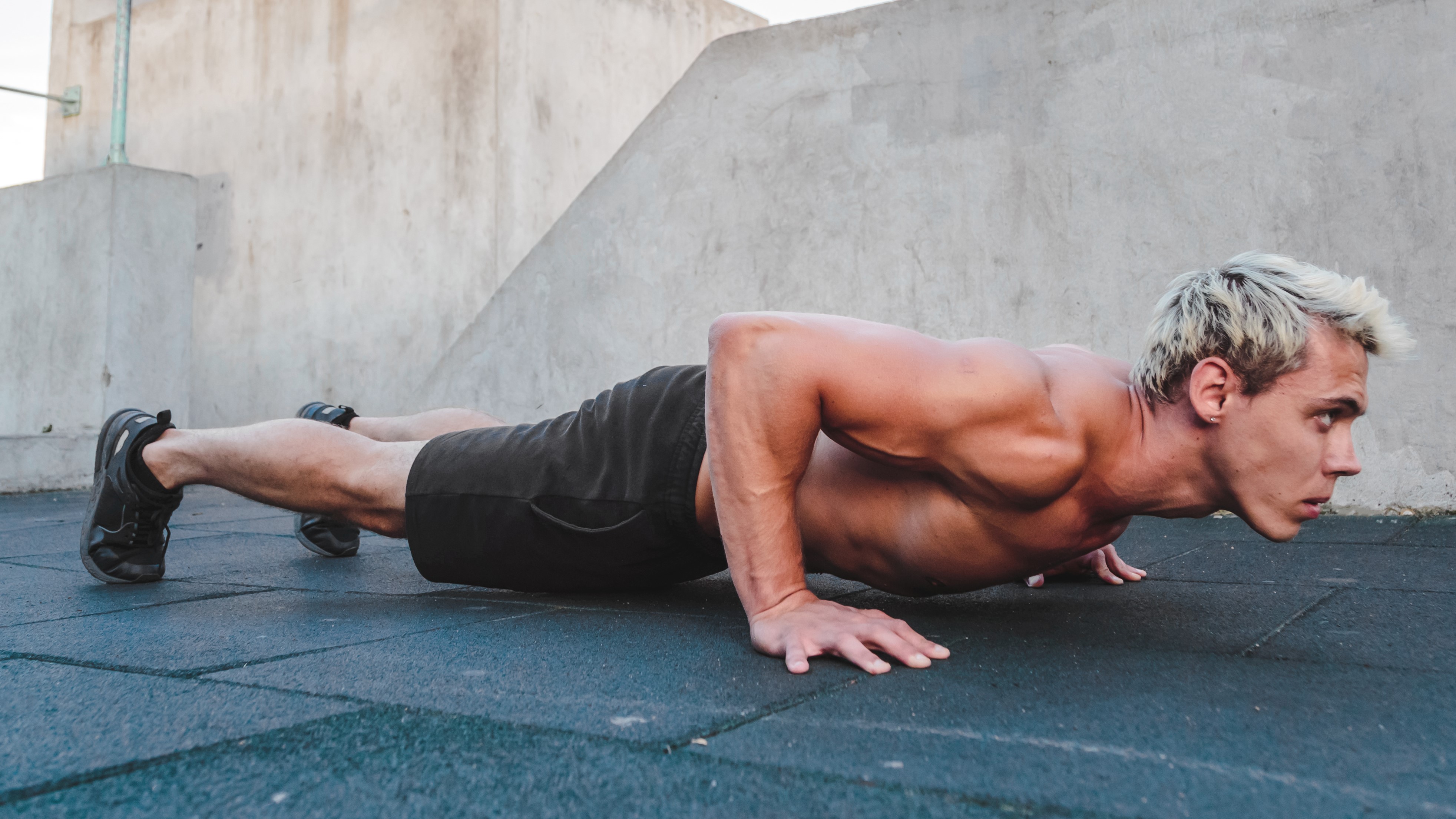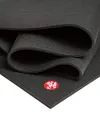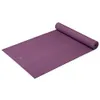
I don’t know anyone who feels particularly happy when asked to do any number of burpees during a workout. Personally, I don’t mind them (I know, don’t judge me), but then again, I don’t usually do 50 reps a day for one week, or double them up. So, here we are.
As a sucker for a fitness challenge, I thought it was about time I stopped torturing my clients with double push-up burpees and racked up the reps myself instead. If you haven’t heard of the exercise before, I cover how to do the burpee variation, the benefits and what happens when you do them every day for one week.
I rolled out one of the best yoga mats for home workouts and got started. Here’s what I learned after one week.
What is a double push-up burpee?
The name says it all — once in the jump back (high plank) position, you’ll perform two push-ups, then jump forward again. You can refresh your memory on how to do a burpee here for the step-by-step.
The double push-up forces a strict burpee rather than the worming motion you can do with a chest-to-floor burpee as you lower all the way to the floor, then push the ground away to lift upward again. A strict burpee removes the momentum and fluidity of a standard full burpee and prevents you from fully hitting the floor.
How to do a double push-up burpee
Here’s what you need to know to nail the push-up burpee:
- Stand with your feet hip-width apart
- Place your hands on the ground in front of your feet, then jump back into a high plank
- Bend your elbows, lower your chest toward the floor and perform two push-ups
- Explosively push the ground away with each rep, fully straightening the arms and lifting your hips and chest as one unit
- From the high plank position, jump your feet forward just behind your hands, then stand and jump into the air, raising your arms overhead
- Land and repeat.
There are a few ways to scale burpees. Some coaches go for the “down-up” without lowering the chest to the floor, instead stepping or jumping back into a high plank. Others program all the way to the floor, while others prefer the strict push-up option.
Get instant access to breaking news, the hottest reviews, great deals and helpful tips.
Here’s what happened 350 reps later.
1. It’s brutal on your chest, shoulders and triceps
As I mentioned, double push-up burpees force a stricter burpee as you’ll perform the two push-ups from the plank position between jumping back and forward again. Burpees are a whole-body compound exercise, targeting most of the major muscle groups in the body.
Push-ups primarily strengthen the triceps, anterior deltoids (fronts of your shoulders) and pectoralis major muscles (the largest chest muscles), so adding a few reps into your burpees can increase upper body engagement and overall intensity. After 50 burpees, I’d actually completed 100 push-ups per day, for a week. Ouch.
2. My core muscles worked much harder
A “strict” anything in the fitness world removes momentum from an exercise, which means the primary movers and your core muscles are responsible for driving movement without help from other muscle groups. For example, a strict pull-up means no kipping and a strict overhead press means no pushing with the legs (known as a push press).
In this instance, I couldn’t bring my whole body to the floor or collapse at all, which kept me and my reps accountable. Instead, I kept my hips lifted throughout without recreating the ultimate breakdancing move — the worm, of course — on the floor. My core worked much harder as a result.
3. It slowed me down
The push-up component slowed me down because I couldn’t drop straight to the floor and use this drive to explode back up. When you’ve got 50 reps to tackle, this isn’t a welcome realization. Instead, I was forced to perform controlled push-ups using a full range of motion.
However, it made me more aware of my form and what my body was doing throughout the reps, rather than just jumping up and down as fast as I possibly could, which is my usual approach to burpees.
It kept me sharp and focused and helped keep my whole body properly engaged throughout the reps. Once I let go of the expectation to move fast, I found some rhythm and consistency, which helped me to settle into the exercise tempo.
4. It's easier to lose form
If you haven’t got full push-ups in the tank for 50 reps, dropping the knees down for the push-ups is another option. What you don’t want to see is an arch in the lower back — lifting through the chest and leaving the hips behind — which is responsible for a lot of back pain and a lack of core engagement during burpees.
Doubling up on explosive push-ups during burpees is more taxing on the body, so it can be easier to lose form without noticing. Toward the last of the reps each day, I could see myself leading slightly with my chest in the mirror, so occasionally, I popped my knees down for support as and when I needed it.
Once you reach full fatigue, it’s really tough to pull it back. Rather than maxing out, try to find a variation that allows you to work in a challenging way without falling apart — submaximal effort and a consistent pace will get you to the end of those high rep counts quicker than blasting out 30 reps and losing it altogether.
Verdict
I wouldn’t jump into double push-up burpees until you feel comfortable with regular burpees (we tried that challenge too: we did burpees every day for a week, here’s what happened) and have developed the explosive strength necessary to keep your form tight and controlled.
Overall, 50 reps didn’t feel as overwhelming as I’d expected, but by day seven, I was ready for the hard graft to be over — I like to take my burpees with a side of CrossFit rather than repping it out on my mat at home.
More from Tom's Guide
- No need for weights — this 7-move workout improves your posture and strengthens your arms with just 1 resistance band
- Who needs weights? This 5-move bodyweight workout boosts core strength and torches every major muscle group
- No, not pull-ups — here's one bodyweight exercise that builds biceps and back strength without weights

Sam Hopes is a level 3 qualified trainer, a level 2 Reiki practitioner and fitness editor at Tom's Guide. She is also currently undertaking her Yoga For Athletes training course.
Sam has written for various fitness brands and websites over the years and has experience across brands at Future, such as Live Science, Fit&Well, Coach, and T3.
Having coached at fitness studios like F45 and Virgin Active and personal trained, Sam now primarily teaches outdoor bootcamps, bodyweight, calisthenics and kettlebells.
She also coaches mobility and flexibility classes several times a week and believes that true strength comes from a holistic approach to training your body.
Sam has completed two mixed doubles Hyrox competitions in London and the Netherlands and finished her first doubles attempt in 1:11.
 Club Benefits
Club Benefits
















